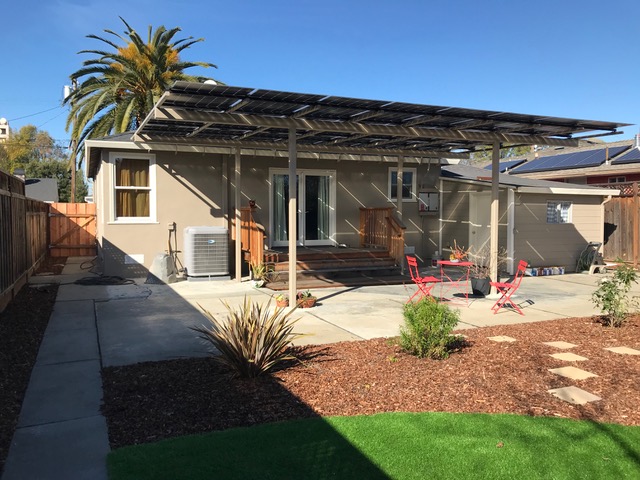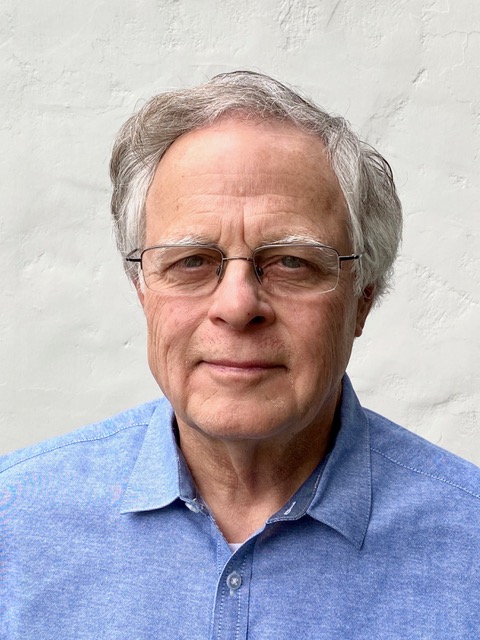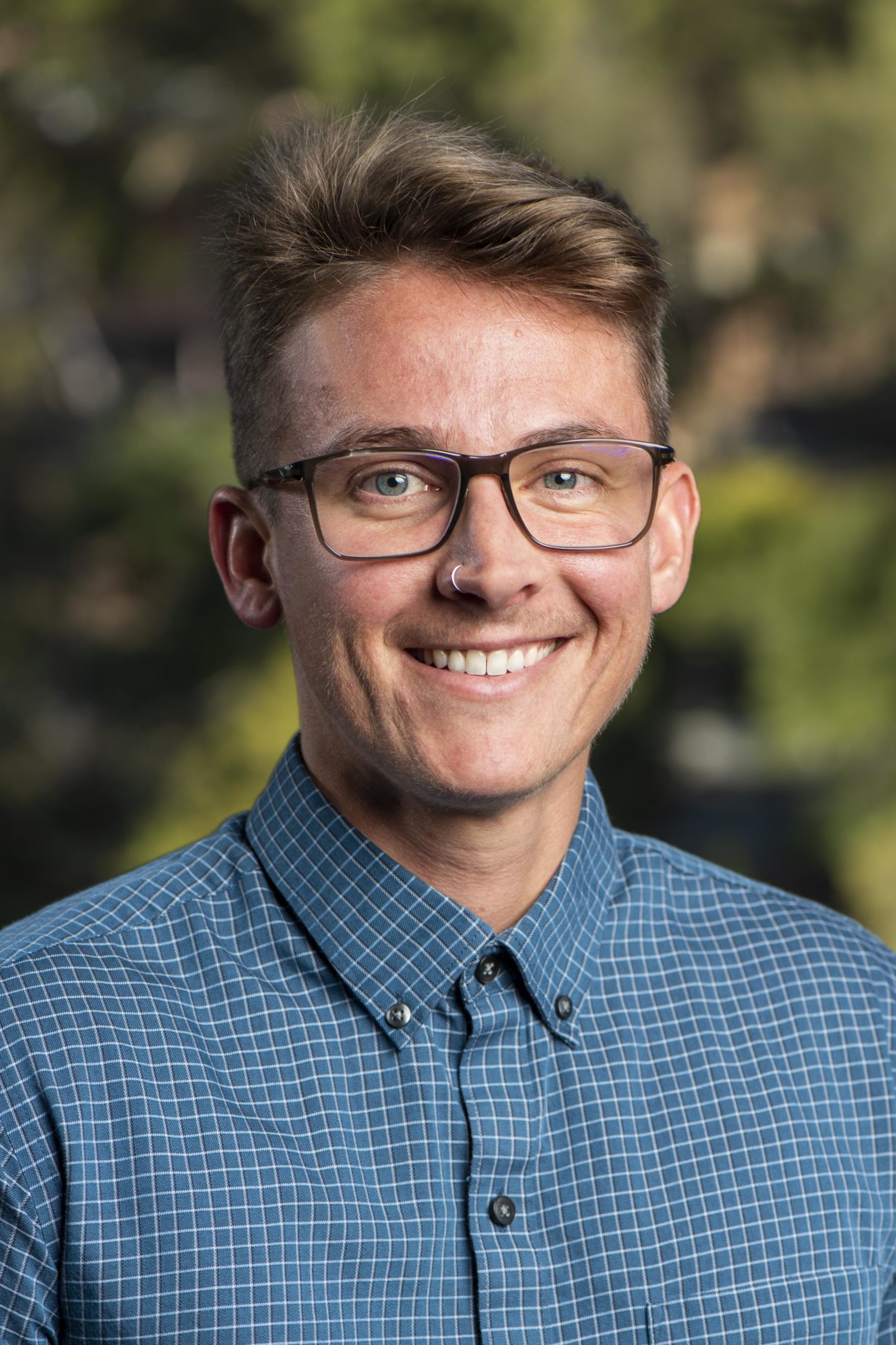Net-Zero Carbon Houses
June 28, 2022
12PM to 1PM Pacific Time/3PM to 4PM Eastern Time
We explored how energy storage can help us reach zero CO2 (carbon dioxide) emissions from our houses. First, we toured a net-zero carbon single-family home equipped with state-of-the-art technologies. We then heard from researchers about how they plan to scale up net-zero carbon houses to the community level and about what the future may look like in buildings with a new generation of conventional energy storage technologies like thermal energy storage.

About the Speakers

Dick Swanson, Field Trip Tour Guide
Founder and Past President, SunPower Corporation; Retired
Pronouns: he/his
Dick Swanson received his BSEE and MSEE from Ohio State University in 1969 and his PhD from Stanford University in 1974. After completing his PhD, he joined the Electrical Engineering faculty at Stanford. His research investigated the semiconductor properties of silicon relevant for better understanding the operation of silicon solar cells. These studies have helped pave the way for steady improvement in silicon solar cell performance. In 1991 Dr. Swanson resigned from his faculty position to devote full time to SunPower Corporation, a company he founded. He retired from SunPower in 2012.
In 2002, he was awarded the William R. Cherry award by the IEEE for outstanding contributions to the photovoltaic field, and in 2006 the Becquerel Prize in Photovoltaics from the European Communities. He was elected a Fellow of the IEEE in 2008 and a member of the National Academy of Engineering in 2009. He received the 2009 Economist Magazine Energy Innovator Award. In 2010 he was awarded the IEEE Jin-ichi Nishizawa Medal for the conception and commercialization of high-efficiency point-contact solar cell technology, and in 2011 the Karl Boer Solar Energy Medal of Merit Award.

Gustavo Cezar, Field Trip Researcher
Staff Engineer, Grid Integration Systems and Mobility (GISMo), SLAC National Accelerator Laboratory
Pronouns: he/his
Gustavo Cezar is a staff engineer at the Grid Integration Systems and Mobility (GISMo) group at SLAC National Accelerator Laboratory. He leads research and development activities in renewable energy, transportation electrification, and grid integration systems. He is also a PhD candidate at Stanford University within the Civil and Environmental Engineering Department, advised by Prof. Ram Rajagopal. Gustavo designed and currently manages the GISMo Smart Grid Lab and the Stanford Bits and Watts Lab where theory, simulation, and algorithms get applied to physical systems to validate performance, de-risk technology, and address real world constraints with the ultimate goal to deploy the technology developed in the field. He focuses on bridging the gap between hardware and software and taking academic research into real world experiments.
Before joining SLAC, Gustavo was the lead engineer of a startup company that came out of Stanford that developed sensors and data driven solutions for the construction industry. Prior to that he worked in the automotive industry developing solutions and tests for internal combustion engines.

Dre Helmns, Field Trip Researcher
Postdoctoral Researcher, Building Technologies and Urban Systems Division, Berkeley Lab
Pronouns: they/them
Dre Helmns grew up in the Sierra Nevadas where nature nurtured their desire to contribute to sustainable solutions for our climate crisis. To this end, Dre completed a PhD in mechanical engineering at UC Berkeley in 2019 and is now a postdoc at Lawrence Berkeley National Laboratory working to decarbonize energy technology. Dre uses physics-based modeling of thermal equipment to enable innovative design and optimal operation of integrated energy systems for buildings and districts. Berkeley Lab’s FLEXLAB is one space with capabilities allowing Dre and other researchers to test these technologies. As a queer and trans scholar and educator, Dre aspires to transform the culture of engineering by cultivating inclusive learning environments and making space for new leaders.


